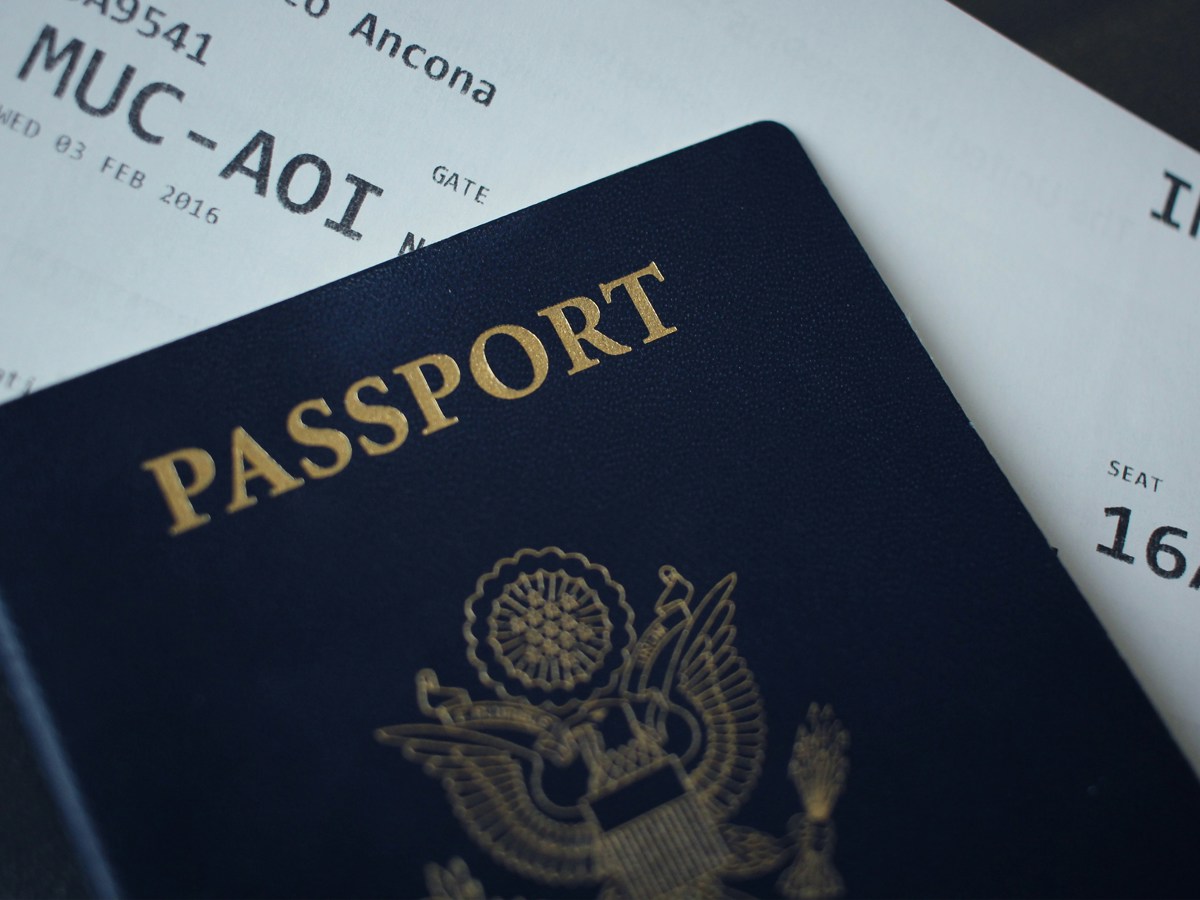
The Immigration White Paper – your questions answered
June 12, 2025
This article is accurate on the date published. For up-to-date information visit our Student advice pages.
On 12 May 2025, the UK Government published an “immigration white paper” titled, ‘Restoring Control over the Immigration System’. You can see our response to this publication in our statement here.
Since its release, there has been a lot of confusion about what the White Paper has outlined, whether anything included in it has taken effect in law, and what a white paper even is. We answer some of the most common questions we have received from our members and international students below.
Download and share this information as a PDF
More from UKCISA on the Immigration White Paper:
- View our video on the proposed changes to the Graduate route here.
- Take part in and share our student survey on the Immigration White Paper here.
- Members can log in to the Forum to let us know what you think.
To stay up to date on all the latest changes that affect international students, sign up to our newsletters and follow us on LinkedIn and Instagram.


